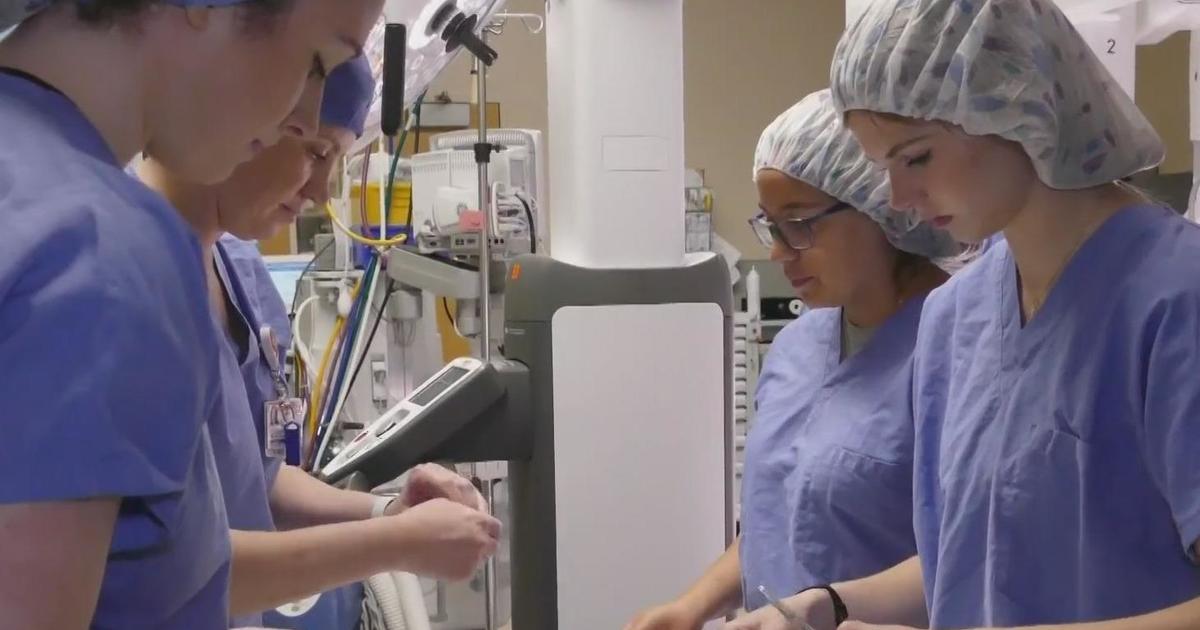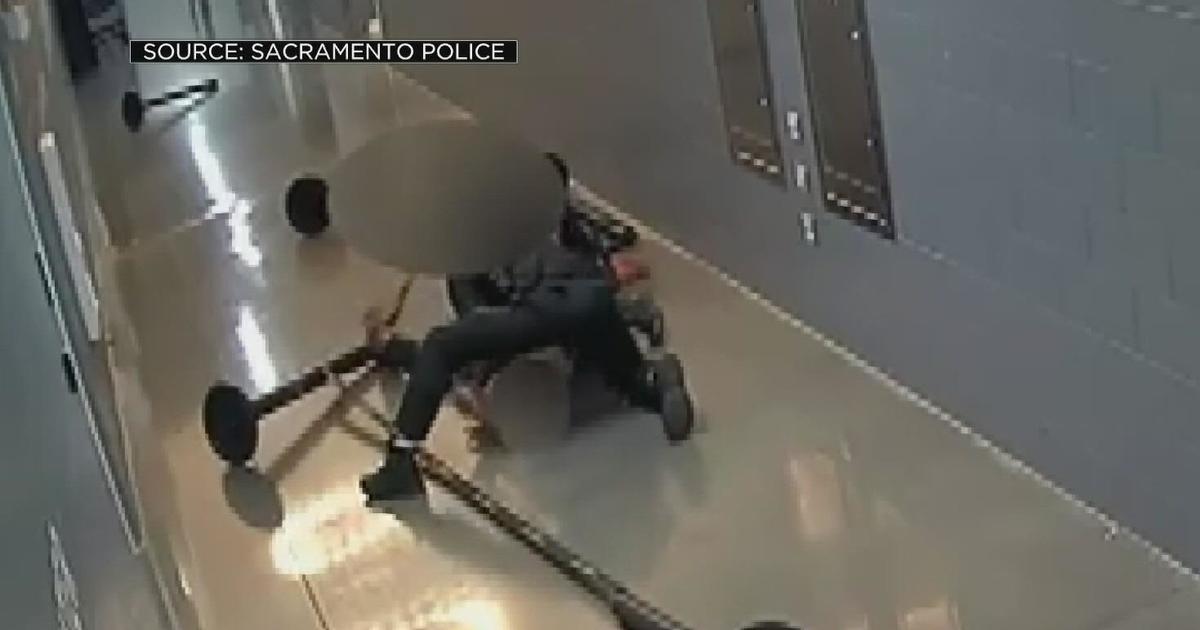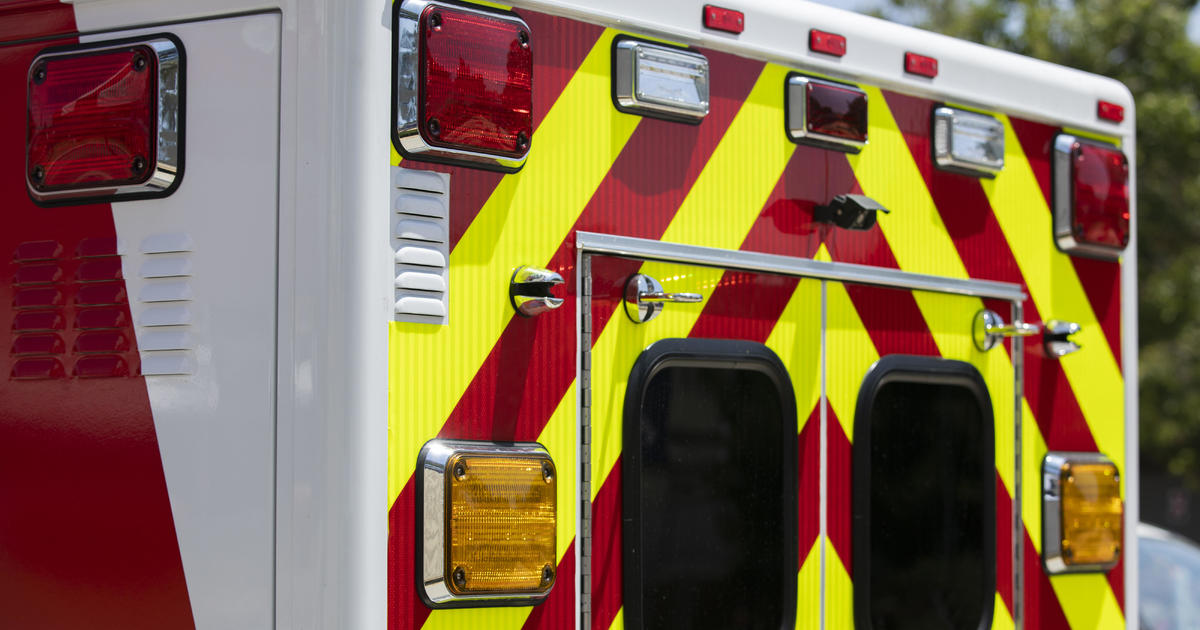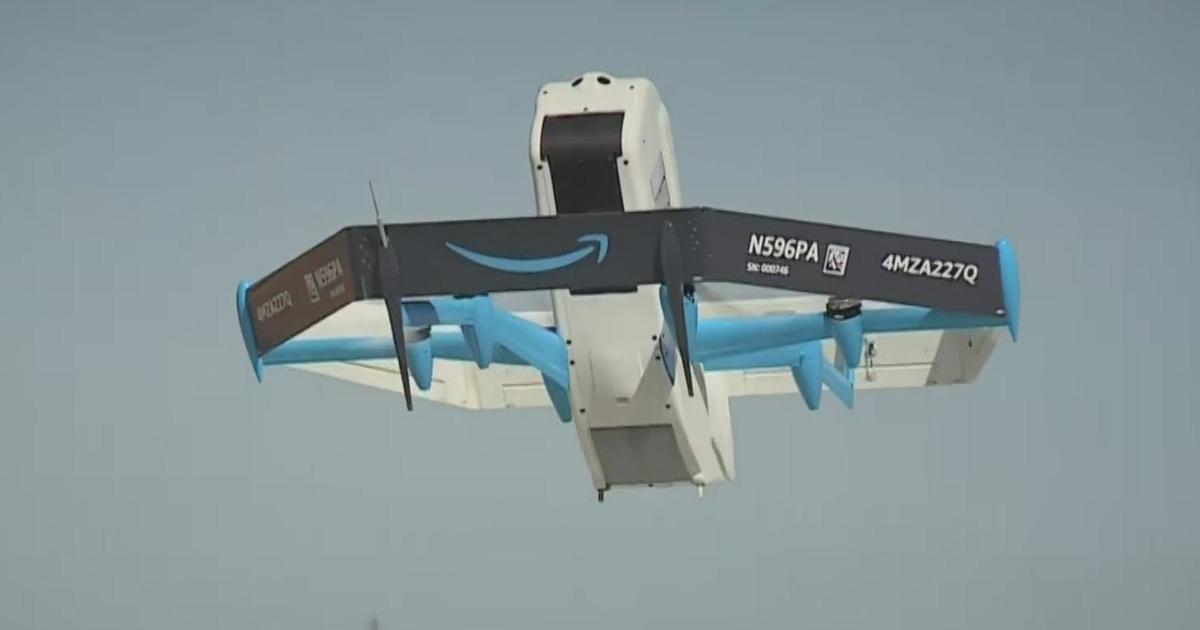UC Davis Veterinarian Returns From Australia After Treating Burned Wildlife
DAVIS (CBS13) — The fires in Australia are out and after spring rains, the grasses and vegetation are returning. So are the animals, thanks to the work of some dedicated veterinarians, including a couple from UC Davis.
A veterinarian who pioneered wound treatment for animals using tilapia skin put her skills to work treating over a hundred burned animals.
UCD veterinarian Jamie Peyton, who is the Chief of integrative medicine, knew she wanted to help. She was one of the thousands who came from around the world.
The images were heartbreaking — thousands of koalas, kangaroos, wombats and other wildlife injured by the devastating wildfires that scorched hundreds of thousands of acres.
"Stepping off the plane there's always some anxiety, 'what are we going to see?'" Peyton said.
READ: UC Davis Vets Heal Bobcat's Burns With Fish Skin
She and her husband Eric Johnson, an Associate Professor of Diagnostic Imaging, were part of a team of U.S. veterinarians who spent two weeks crossing the outback caring for wounded animals. Initially, she expected to treat lots of koalas, but they already had dedicated researchers. Her expertise was needed elsewhere.
"When you look at the kangaroos and wombats, while they are more common in Australia, they are not as highly viewed. And there wasn't as many people there to help them," said Peyton
They worked with the Australian military, veterinarians and rescue groups traveling a 500-mile loop and treating approximately 100 animals.
"The really big need right now is kangaroos and wombats. We saw predominantly kangaroos because they had incurred all sorts of injuries. They really needed help for burns on their feet and burns in other areas and also issues that occur not immediately at the time of the fire, but later on, from dehydration they get kidney issues, they have other problems with their lungs, and their heart," she said.
READ: UC Davis Opens Goat Creamery On Campus, Cheese Production Expected By May
Some required a simple exam while others needed major surgery. Peyton, who pioneered the treatment of burns on animals using sterilized tilapia skin, was able to use that technology on several kangaroos. It helps with the healing, offering pain control and protection.
"The tilapia skin is made of collagen, similar to our collagen as people, and the collagen will act as a jungle gym for cells sort of to grab on and move across," said Peyton.
Her husband brought a portable ultrasound machine into the field to help.
"Which allowed us to check for other underlying abnormalities in the patients, within their abdomens and within their chests, especially their hearts," Johnson said.
They looked at the effects of smoke inhalation and were able to diagnose underlying diseases. Their trip was personal because the couple lives in an area that was evacuated six times in recent years because of wildfire danger.
"We felt like we both needed to reach out the global community and lend back," said Johnson.
They will take what they learned down under and use it here as we head into another wildfire season. Now scientists and the state will study what she and other vets did to put it to use after other natural disasters.



